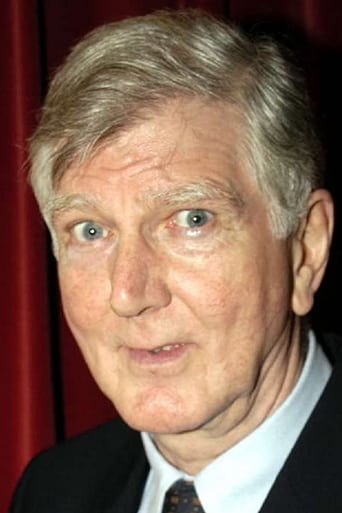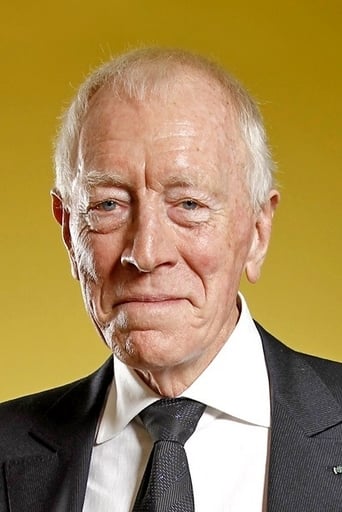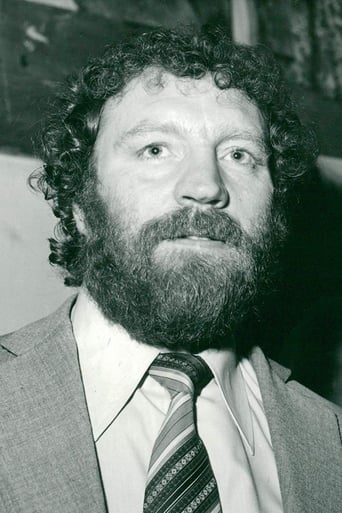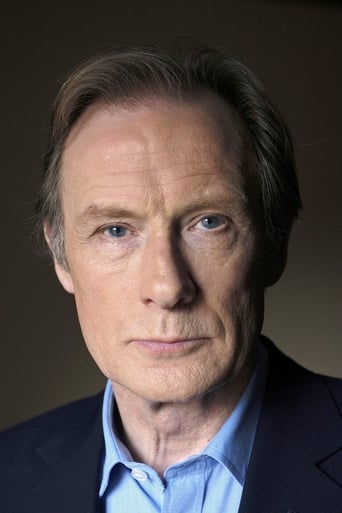Karry
Best movie of this year hands down!
Dirtylogy
It's funny, it's tense, it features two great performances from two actors and the director expertly creates a web of odd tension where you actually don't know what is happening for the majority of the run time.
Janae Milner
Easily the biggest piece of Right wing non sense propaganda I ever saw.
canuckteach
This is a fabulous mini-series - a docudrama - about the South Pole expeditions of Norwegian R Amundsen and the British Robert Falcon Scott. The acting and photography are superb, an excellent period piece (although the quality of the DVD itself is a bit grainy).Unless you've slept under a rock for 100 years, or never read a history book, you know that Amundsen reached the Pole first, and successfully returned, whereas Scott and 4 of his men perished miserably on the return trip. Why? It's all about project management. This DVD is all about properly managing a complicated project dealing with the wilds of nature. Amundsen has 'it' - Scott doesn't.The Norwegians are highly-skilled at traveling in frozen wastelands. They are in fine physical condition, they know how to ski and handle dog-teams. Amundsen recruits a small team of specialists. He doesn't get too high or low about anything, nor does he get too close to the team--he remains aloof. He makes meticulous preparations.The British are operated like a Navy Ship under military command: Scott gives orders and doesn't want them questioned. He has a group of favorites, but takes a colossal team of guys, mostly military, but some civilians, who find Scott pompous, arrogant and misguided. He breaks promises and plays the men against each other, while they hope to be in the final group to make the final trek. He sends the wrong guy to purchase Siberian ponies, to save a few bucks, plus he fails to include a couple of key players, including a properly-trained team to tend to the motor sledges. Since there wasn't a Walmart Auto (or Canadian Tire) in the Antarctic, you might wonder what he was thinking. But his biggest problem is the notion of man-hauling the enormous loads all the way to the Pole. you see: no one walks when they can ride. and the Eskimos always rode dog-teams. Scott had experienced some difficulties with dogs in the past, but that's no excuse.I might direct your attention to a couple of fabulous scenes featuring Bill Nighy, who plays Meares, one of the dog-team drivers. Meares says he'd rather swim back to New Zealand than spend another season under Scott's command. He later tells Scott, in so many words, that he finds it highly unlikely that Scott will live to criticize Meares' choices. Nighy is terrific.In case you missed it, this screenplay is based on a historical non-fiction piece created after it was discovered that many unflattering portions of Scott's diary were excised from the publication released to the public. There has been quite the resistance from many quarters to a revised viewpoint of a man considered to be a great British hero. Apparently, some recent discovery that the weather was particularly cold when Scott tried to return from the Pole is cited as startling scientific evidence that this presentation of Scott as a peevish incompetent should be set aside. well, whose decision was it to try walking there and back anyway? As Meares says (in this dramatization): 'any man who sits in the Antarctic and whines about the weather is unfit to lead'.I'll close with a quote, not from this film, but from the 1948 'Scott of the Antarctic' with John Mills. The Scott character (Mills) tells Nansen (the elder statesman of Arctic exploration) that he is going to the South Pole with motor sledges, Siberian ponies, and dogs. Nansen replies that Scott should take dogs, dogs and more dogs.Amundsen did - Scott didn't. Case closed.Enjoy this excellent re-creation of events. It's insightful.
Julia
What a travesty of yet again Hollywood and those desperate to make a quick buck! I by no means deny the fact that Scott was a flawed man, sensitive and prone to depression but this depiction is truly awful and based upon one of the worst biographies by Huntford. If you want to read a real biography of Scott read Ranulphs Fiennes book – written by a man who's actually been to Antartica, shock, horror! Huntford himself has admitted in interviews that he imagined Scott staring at Oates till he left and even the very landscape of the Poles. If you're happy to take all his words as facts and not consider any other opinions then this really is the film for you. Recent weather takings of the area show a 10c dip in the temperature at that point so it's a wonder they got as far as they did. It's not about having a stiff upper lip it's about being able to separate fact from fiction and not accepting one biography as truth. That's naive and bad film making is a result.
pliget
Still splendid TV but the debate on Scott has moved on. After the glorifying of the early years to buoy up a country stunned by the losses of the Boer War came the debunking by Huntford. Since then there have been many novels questioning his motives, principally by Sir Ranulph Fiennes and Susan Solomon. I have just read David Crane's excellent book which, at last, seems to provide a balanced account of a remarkable man, rooted in Victorian values but with an enquiring and open mind ahead of his time. If your interest is piqued by this film there are books galore on Scott for you to read to explore the debate for yourselves. You can even try to find The Race by Kare Holt "a writer as determined to rubbish Amundsen's reputation as Huntford was to rubbish Scott's". All in all good entertainment, especially for those who love a good anti-English polemic a la Braveheart, but don't confuse this with the truth.
JANA-7
Roland Huntford's meticulous and exhaustive research of Scott and Amudsen's Antarctic exploration efforts for winning the South Pole help make the making of this film a Directors dream and challenge. Outstanding cinematography and period costume design push this great story to the highest level of viewing. The film should be mandatory viewing for all highschoolers. The historical and geographical values will enhance ones knowledge of this very special period of Antarctic exploration in the early 1900s. The British and Norwegian actors perform their skills with convincing emotion. The film, based on Huntford's documentary brilliance, gives us all time to ponder what really happened in claiming the South Pole and lays to rest a good deal of sentimental nonsense,which some of us were subjected to during our high school days.




